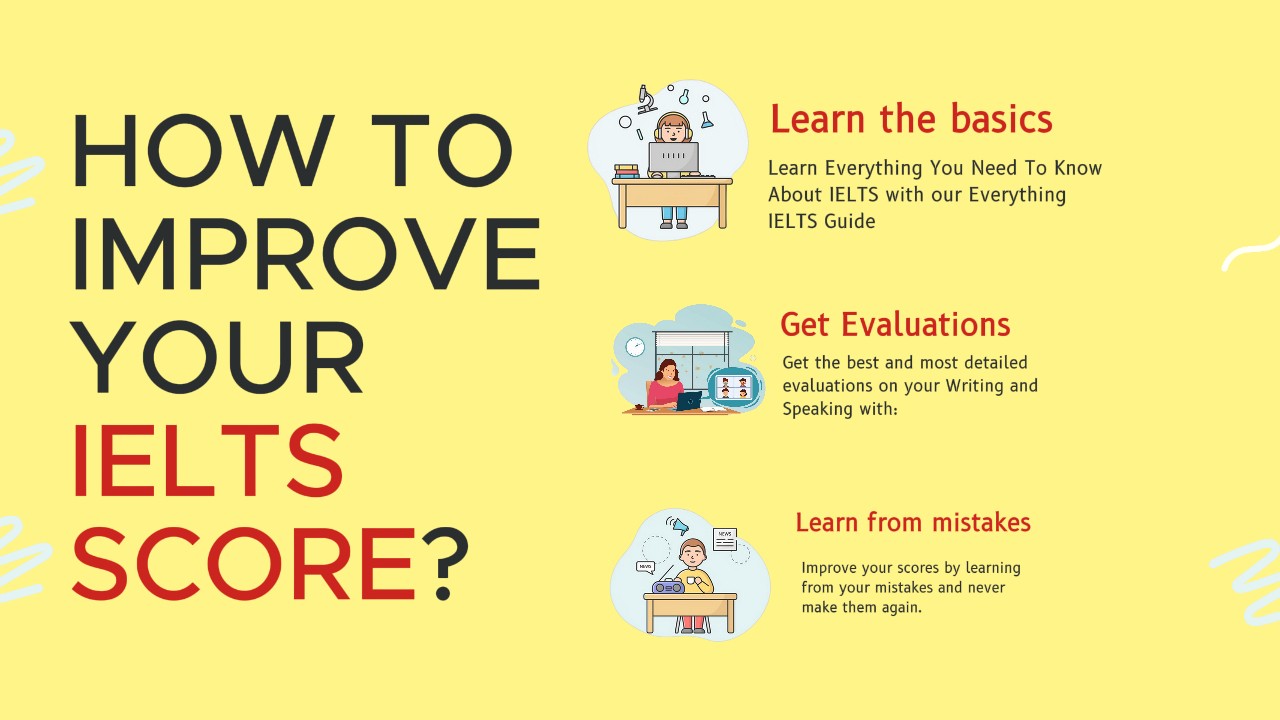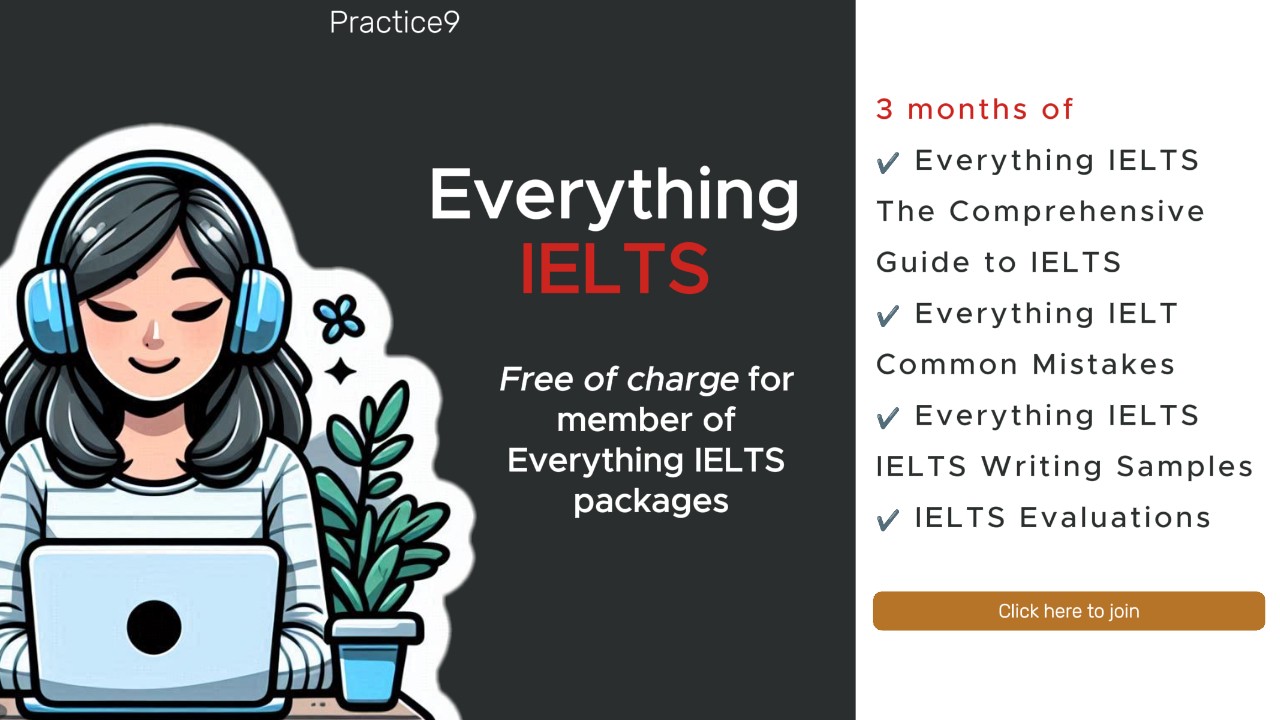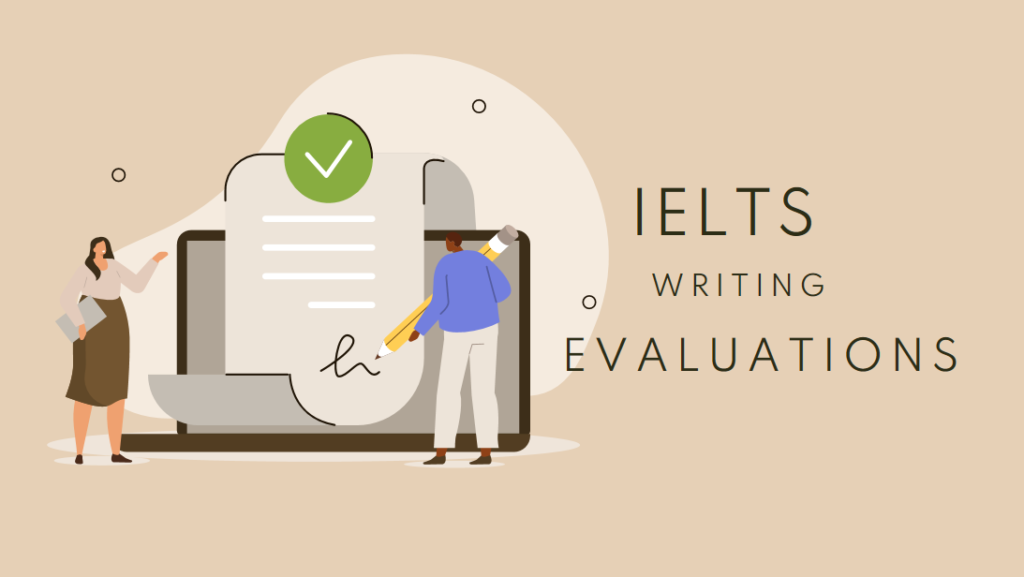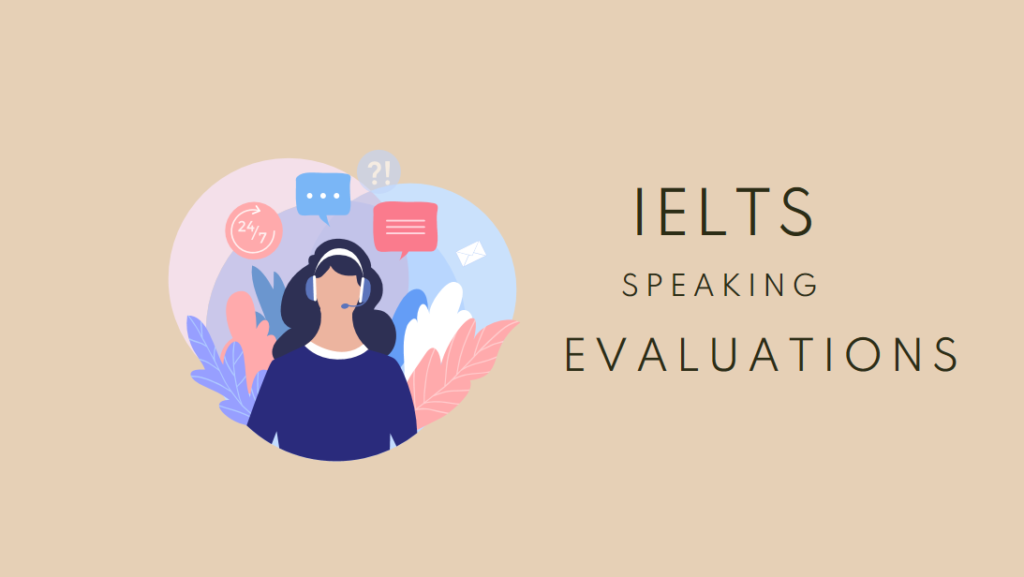IELTS is full of words that may be new to you. That’s the part people hate the most, I guess. Also, we all know that we need to demonstrate a high level of vocabulary in order to get a high score in IELTS Writing and Speaking. So, you resorted to learning news words.
However, you may have noticed something weird. You spent a lot of time learning one word but when you needed it, it doesn’t come out. You couldn’t even remember it. Or worse, you didn’t even know you knew the word. It had sadly become part of your passive vocabulary, which contains words that you may understand when you see or hear but can’t use in your writing and speaking.
So, what is the point of learning a word if you can’t even remember its existence? That’s what I often asked myself when I started IELTS 11 years ago (it’s 2024 now). As a result, I worked really hard to come up with this 4-step strategy to learn new words. Follow it and you will (most likely) never forget a word you’ve learnt. Let’s go!
Remember: STEP ZERO is looking it up in a trusted dictionary. My favorite dictionary is Cambridge.

Step 1: Master the pronunciation

Do I even have to explain the importance of correct pronunciations? No right? HAHA! OKAY! It is fundamental that you make sure your pronunciation of the word you are learning is correct because you don’t want to mess it up now and spend months correcting yourselves later.
If you can read the phonetic transcription of the word, it is wonderful. If not, just listen to how it is pronounced and imitate.
Step 2: Check the form and meaning of the word

Make sure you know if the word is a verb or noun or adjective. Knowing the form of the word gives you a brief idea of how to use it in a sentence correctly. Knowing the form of the word can also give you a chance to create the word family of this particular one. Many good dictionaries, like Cambridge, show related words at the end of the thread but you can always guess the other forms in the family.
E.g. Abandon (verb) – Abandonment (noun) / Articulate (v/adj) – Articulation (noun) or Articulator (noun) – inarticulate (adj – opposite meaning)

When it comes to meaning, I would suggest my clients reading the English definitions of the word. it is OK to translate into your mother tongue but sometimes, the meaning isn’t reflected well in other languages, especially in words with similar-sounding meanings, such as right-correct-precise-concise. I think when we try to memorise one word by reading the definitions in English, it is round one of making sure this word sticks to our minds.
Step 3: They are more than examples

In this step, you need to read the examples. Why? Simple! In good dictionaries, you can learn a lot from the examples, such as the grammatical usage of the word, the preposition that comes with it (if any), if it is normally used for humans or things, if this verb is often used in passive or active voice.
E.g. According to Cambridge Online Dictionary, the definition only explains what “suggest” means, not how it is used. However, the examples show clearly that “suggest” goes with an “-ing” verb or that and a clause.

Step 4: Make it yours
There is no way you can make it yours if you don’t use it. Hence, the final step, also the step that takes the longest time, is to use the word in sentences when you write and speak. Right after reading the examples, you can make a few sentences based on what you have learnt from the dictionary. It can be some sentences in your head or written down on a piece of paper.
Keep in mind that this is not a one-time process. You might still forget that you know the word if it is not used regularly. However, by making sentences, you are giving your brain a chance to pair the word with one easier-to-remember piece of memory, so it is more likely that you will remember it. Keep making sentences for a few days after you have learnt it.
To conclude, I wouldn’t suggest anyone learning the meanings of a bunch of new words every day or even every other day. Knowing the meaning of a word doesn’t necessarily mean you will be able to use it in the future. So, the four steps above help you maximise the possibility of remembering and using a new word in different and real contexts. It might sound complicated but nothing good has ever been easy to achieve. And, you don’t need a crazy number of words to get high scores in IELTS.
Check out which Practice9’s services fit you and your needs the most here.
Feel free to contact us for better guidance on your IELTS journey.
Don’t waste your time on IELTS! You can get it this time.
Have fun learning!












Responses
[…] So, you will need to learn the words and phrases if you don’t know them yet. And I already talked sooooo much about learning new words because you may not be able to remember them after learning, let alone use them in your IELTS Writing and Speaking answers. I, of course, have an entire post about how to learn new words properly and you must check it out. Here it is. […]
[…] Learn how to properly learn a new word here. […]